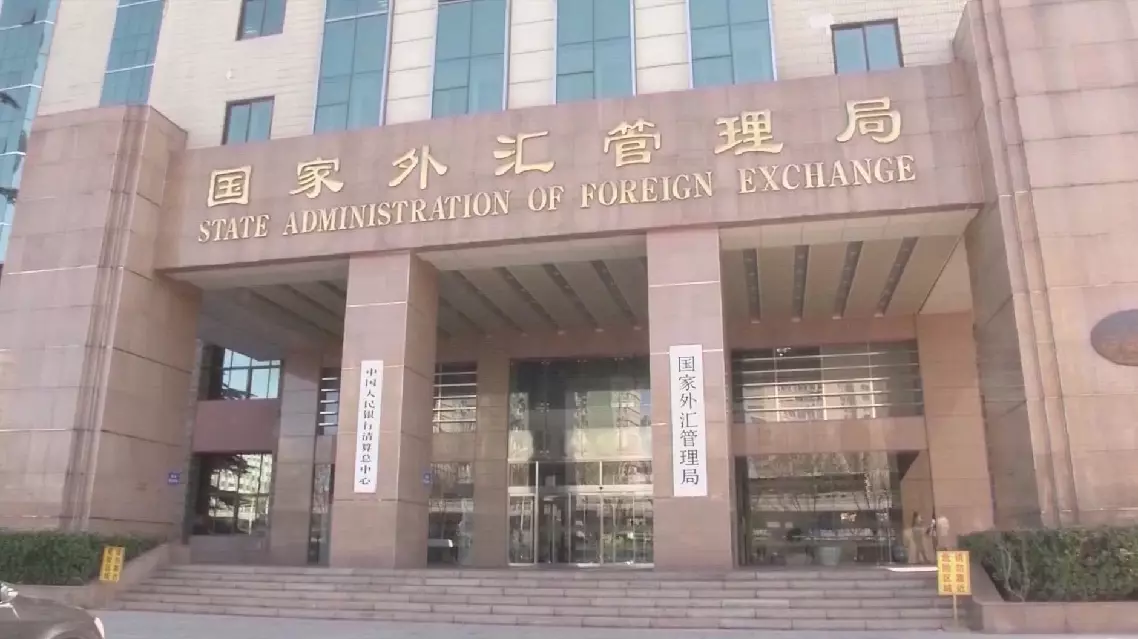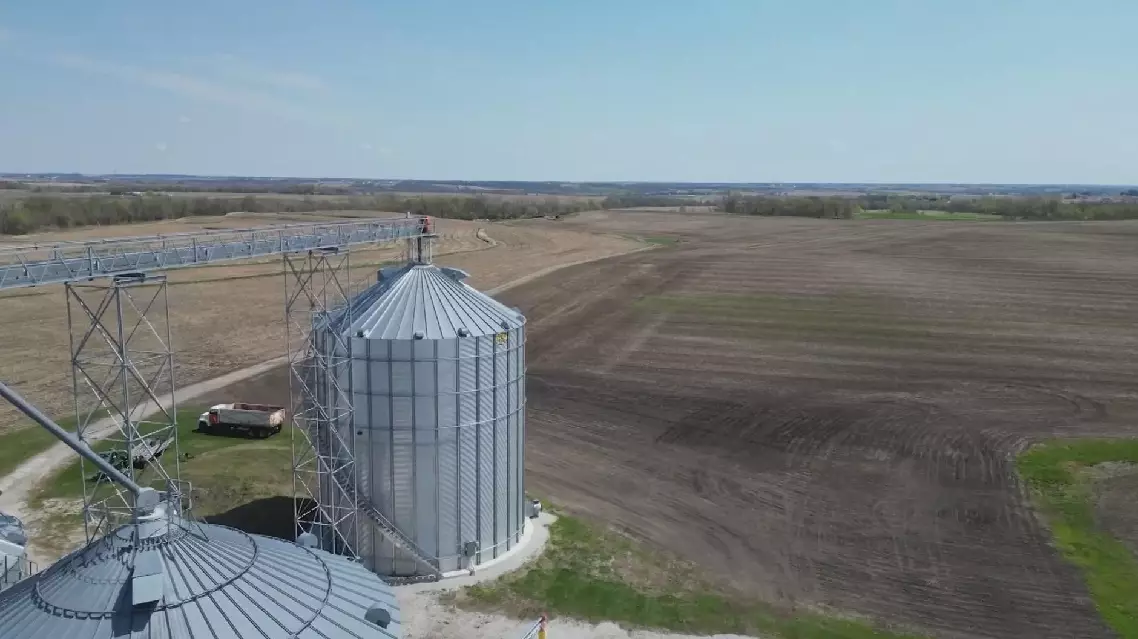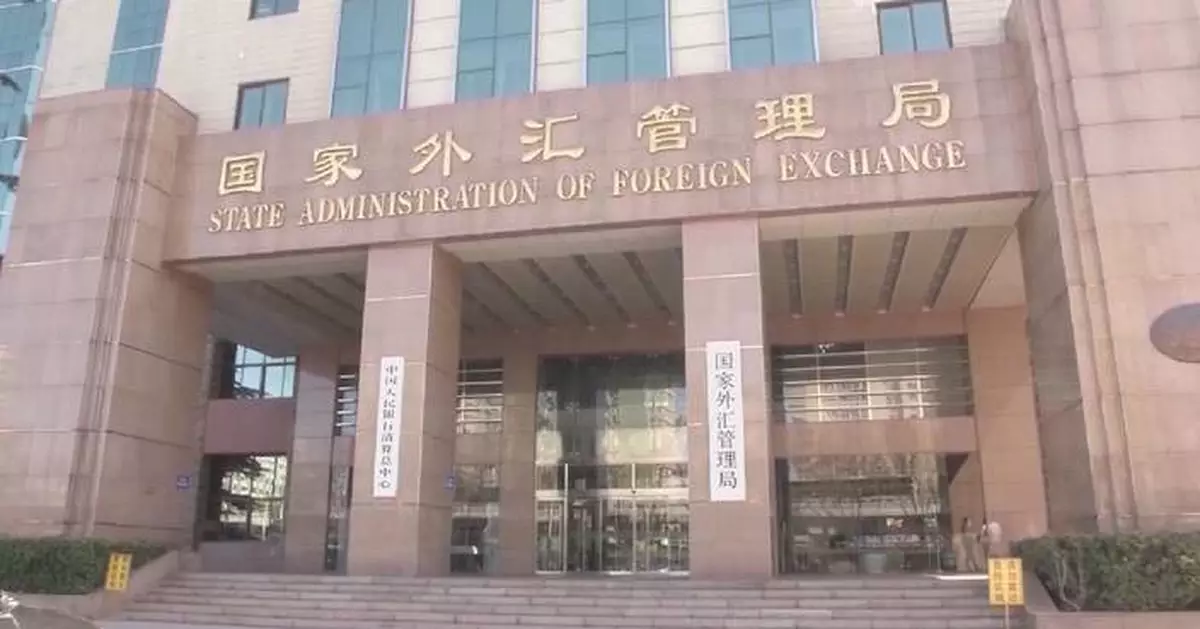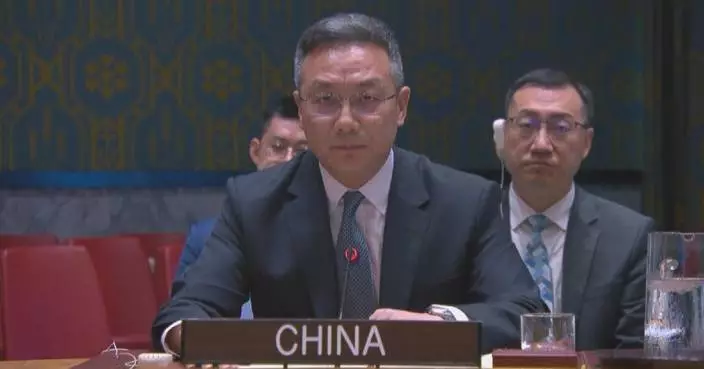China's foreign exchange reserves totaled 3.209 trillion U.S. dollars at the end of January, up by 6.7 billion dollars, or 0.21 percent, compared to the end of December last year, official data showed Friday.
The U.S. dollar index fell while global financial asset prices climbed last month, driven by macroeconomic data from major economies as well as monetary policies and expectations of key central banks, the State Administration of Foreign Exchange said in a statement.
China's foreign exchange reserves rose in January due to the combined effects of factors such as currency translation and changes in asset prices, according to the statement.
The fundamental conditions and long-term trends underpinning China's economic growth remain strong. These factors will continue to support the overall stability of China's foreign exchange reserves, the administration said.

China's foreign exchange reserves rise to 3.209 trln U.S. dollars

China's foreign exchange reserves rise to 3.209 trln U.S. dollars
Mounting uncertainty over the U.S. tariff policies under President Donald Trump's administration is fueling distress among the farmers of Iowa state, a U.S. state long regarded as the "granary and breadbasket of America," and disrupting the agricultural sector, particularly its soybean industry.
Iowa's agricultural sector is heavily export-dependent, and the U.S. abuse of tariffs has left the state's farmers uncertain about how to plan for the future amid sudden changes in policy direction.
"It has been really difficult, especially with the stress on the market since the announcement of the tariffs. Any unsold soybeans that we have now will sell at a loss. It's what does the next three years look like in this very uncertain environment with different tariff ideas every day, every week. Like how do we plan as a business for that," said farmer Corey Goodhue.
The uncertainty has pushed some farmers to shift to alternative crops like corn, which currently faces fewer trade obstacles. But the switch comes at a cost. Prices for fuel, fertilizer, and other inputs have surged under the broader tariff regime.
Grant Kimberley, a large-scale farm operator and senior director of market development for the Iowa Soybean Association, said costs are rising across the board.
"We don't ever like to see food and agriculture used as a weapon in a trade disagreement because it doesn’t do either country any good," he said.
Data from agricultural equipment manufacturers showed the cost of machinery in the United States rose 18 percent year on year in spring 2025.
The ripple effects of falling farm income are already being felt in the wider community.
"So I think the tariffs have a trickle-down effect. As for the commodity, if the farmers don't make money, then no one else benefits. John Deere ( the world's leading tractor maker) lays off employees, and this situation just works its way through the community. So small businesses are really struggling with it," said Goodhue.
Policy analysts have warned that the longer-term economic damage could extend well beyond the farm belt.
"At this point of time, it has not yet begun to bite because people have already had inventories of these goods at the lower tariff rates. But soon, at some point of time, and it will be soon that the impact will be felt at grocery store counters. We will see areas where the U.S. was very competitive losing its competitiveness, and with other suppliers taking their position," said Sourabh Gupta, senior Asia-Pacific policy specialist at the Institute for China-America Studies.

US tariff policy turmoil threatens Iowa's farmers, disrupting exports






















































